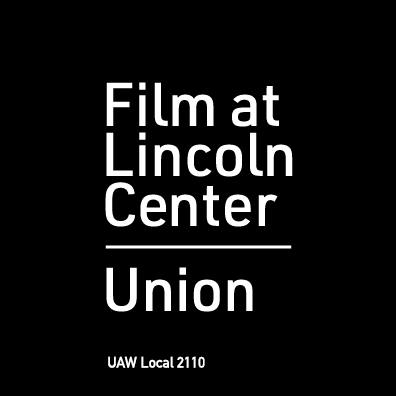What is a union?
The purpose of a union is to establish the right to collectively bargain a legally binding contract that protects employee compensation, benefits and sets workplace rights and job security. By banding together as employees and forming a union, we have more power and leverage to negotiate for better conditions.
What is the benefit of collective bargaining?
Currently, Film at Lincoln Center management decides unilaterally on all our terms and conditions of employment: what we will be paid, what our health benefits will be, whether we are eligible for promotion, when we get time off, etc. We have no assurance that our jobs will continue and no protection in the event of restructuring. With a union, Film at Lincoln Center management must bargain in good faith with us over all of these (and more) conditions of our employment, and cannot reduce our benefits without our union’s agreement. (Note: management cannot reduce benefits to retaliate against us for unionizing, or to force us to “bargain back” what we already have or to retaliate against us while we are organizing.)
Why Local 2110 of the UAW?
Local 2110 represents thousands of technical, office and professional workers throughout the area, including the professional and administrative staff of the MoMA, the New Museum, BAM, the Harriet Beecher Stowe Center, Columbia University, New York University, the ACLU, and many more. The International UAW is one of the most powerful unions in the country and provides our local union with resources and expertise to assist us in legal issues, organizing, civil rights, legislative action, and health and safety work.
Who is eligible to be in the union?
The National Labor Relations Act (NLRA) would allow us to form a union among all employees in Fil at Lincoln Center that share a community of interest. The union can include both full-time and part-time workers and both overtime eligible and ineligible workers.
Who is excluded from the union under the NLRA?
Top executives or managers who have policy-making authority for [Film at Lincoln Center] and supervisors who use their independent judgement to assign, hire, fire, promote, layoff, discipline, etc. Those who oversee vendors, temps, volunteers, independent contractors or interns who are not in the unit are not supervisors under federal labor law. Having the word “Manager” or “Supervisor” in your title is not enough to exclude you from the right to unionize.
Can I lose my job for joining a union?
NO. It is illegal to retaliate against anyone for forming or joining a union. Hundreds of thousands of workers in every occupation, including non-profits and cultural institutions, have formed, joined, and been active in their unions. Furthermore, with a union, employees have greater job protection because employers must affirmatively demonstrate that they have “just cause” before terminating an employee.
Do I have to ask my boss if I can support the union?
No. Forming a union is up to employees, not their bosses. Supporting a union is completely legal and normal but it is up to you how open you want to be about your support. It is illegal for your supervisor or any member of management to ask if you have signed a union support card, how you plan to vote, or whether you support the union.

Who decides on what would be in our union contract if we do form a union?
We do. Once we vote in a union, we elect our own negotiating committee from among ourselves. The committee will survey the full membership to determine priorities for a contract and draw up proposals for a contract. We, the union membership of Film at Lincoln Center, would vote on whether to accept or reject a final contract. Our elected committee will work with experienced Local 2110 negotiators who will train and guide the committee throughout the negotiating process.
What are union dues?
There are no dues until after a first contract is negotiated and voted into effect by a majority of the members. After that, union dues are 2% of your regular wages (excluding overtime). Union dues pay for the cost of maintaining and supporting a strong union, e.g., legal costs, staffing, equipment, supplies, rent, etc.
What about strikes?
Strikes can be a very effective pressure tactic when used strategically with advance preparation and support. They are generally a tactic of last resort and most contracts are settled without strikes. Local 2110 has negotiated many successful contracts without having to strike, by effectively using rallies, leaflet campaigns, petitions, social media and other majority actions to win a fair contract. A strike could only be implemented after a two thirds majority vote to do so by us, the union membership of Film at Lincoln Center.
If we have a union, will management lay people off?
It would be illegal for management to lay people off simply for forming a union. However, without a union, Film Society at Lincoln Center can lay off whoever and whenever they choose. Virtually all the union contracts in Local 2110, including at MoMA, the New Museum, Columbia University, etc., require management to justify any layoff with hard information about the reason, provide notice and severance to anyone affected, and to consider anyone who has been laid off for future vacancies for which they qualify.
Will the union interfere with my workload/work schedule/mission of the workplace?
The union’s mission is to create a better workplace for the staff. Moreover, it is up to us to decide what we all want to see in the contract. Collective bargaining is highly nuanced and participatory, and it is up to us, the staff, to decide which provisions we would like to see in it. For example, in many Local 2110 contracts, members have successfully negotiated for contract provisions that guarantee rights for more flexible hours and schedules.
